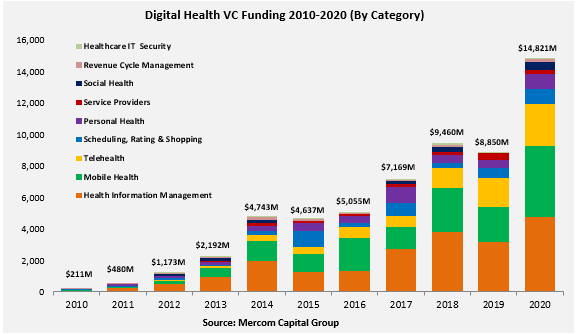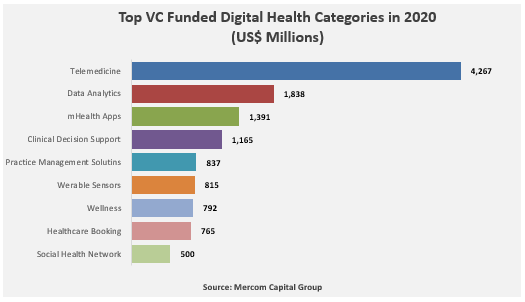 Yes, it’s an even longer way from Series A to B. Add some rockslides to that picture (left) and that’s what the road looks like. A thoughtful article in Crunchbase illustrates the changes over the past dozen years. We are certainly not in the palmy throw-money-at-great-ideas-devil-take-the-hindmost days of 2020-21. Their chart has both median and average time from Series A to B and both are at an all-time high: 31 months on average and 26 months for the median, sharply up from 2022’s 26 and 22 months respectively. The lowest quartile of startups took a stunning 38 months median to get to a Series B–that is over three years.
Yes, it’s an even longer way from Series A to B. Add some rockslides to that picture (left) and that’s what the road looks like. A thoughtful article in Crunchbase illustrates the changes over the past dozen years. We are certainly not in the palmy throw-money-at-great-ideas-devil-take-the-hindmost days of 2020-21. Their chart has both median and average time from Series A to B and both are at an all-time high: 31 months on average and 26 months for the median, sharply up from 2022’s 26 and 22 months respectively. The lowest quartile of startups took a stunning 38 months median to get to a Series B–that is over three years.
The question for most startups is how long they can hold out till the next successful fundraising. The pattern has been that once the Series A is completed, the founders put most of their time and energy into raising the next round. What they should be doing, according to the article, is cutting costs and extending runways till the time that things improve among funders. Startups should also keep in mind that investors now prefer lower-risk, slower growth, lower ongoing loss startups to the high flying (in 2020-21). high-cash burn/high-growth startups.
There are exceptions of course in hot sectors, notably AI and generative AI, but formerly scorching mental health has distinctly frosted over. And if your startup is already profitable, that also attracts funding if the sector is appealing.
The CB conclusion is cautionary and to the point:
Sooner or later, however, Series A companies will have to do one of five things: Get acquired, go public, become self-sustaining, raise more financing, or shutter. If enough years pass with none of the first four options happening, it becomes increasingly likely the startup will not make it.
This Editor will add that the latest shutterings have been in women’s health which never has received a lot of investment (5% according to Rock Health) and to funders is too niche: NYC-based Bunnii (fertility planning) and SimpleHealth (birth control), which sold its assets to Twentyeight Health. Both got trapped in the funding trough between promises and actual funding. Axios
What’s the way forward from the tough picture above? Well, digital therapeutics probably should be avoided as their track record from Happtique’s vetted app prescribing (failed by 2014) to Pear Therapeutics (failed 2023) has been a losing one. This Editor saved a January MedCityNews article to see if their thumbs up-and-down projections on startups raising capital held up six months later.
- Thumbs up: companies that serve multiple stakeholders by creating value for providers, pharma, payers, employers, and consumers; those that not only save clients money but also make them money after one year (!); labor/staff-saving systems; anything with clear ROI; concretely addressing issues with affordability, accessibility, and accuracy.
- Thumbs down: niche players that serve highly targeted markets; care navigation (and other-Ed.) services where ROI is hard to track; too crowded sectors like patient engagement and clinical documentation unless they can provably be the lowest cost, most efficient provider versus competition
This Editor would add as ‘thumbs up’ technologies that facilitate simple and less expensive deployments that address extreme pain points around Federal/state compliance and legal/safety cost issues such as staff safety, drug diversion, and patient/resident elopement.
FTA: Companies are advised to diversify their funding as well: reduce dependence on private capital by looking for investments from alternative sources like the government for non-dilutive funding.
What’s your thoughts and experience?












Most Recent Comments